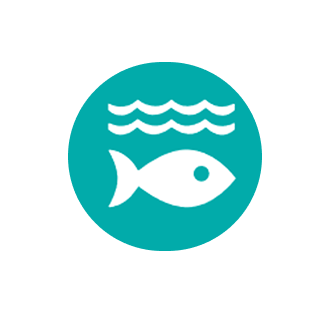EcoGourmet: A market-based approach to achieving sustainable fisheries in the Galápagos Marine Reserve through rewarding responsible fishing
NATURAL CAPITAL SOLUTIONS








The Galápagos Marine Reserve (GMR) supports over 1,000 artisanal fishers who rely on its marine resources for their livelihoods. Yet, a growing population and tourism industry is placing increasing pressure on the local marine life. Some commercial species such as sea cucumbers have seen a collapse, while others like the Galápagos grouper and white-spotted seabass remain severely threatened. Without improved management approaches, their populations may not recover. Previous efforts to support the recovery of spiny lobster populations demonstrate that sustainable management is possible.
Conservation International’s EcoGourmet program seeks to reduce pressure on vulnerable stocks while strengthening food security, local economies, and climate resilience. It builds on lessons learnt and looks to drive market demand towards healthy, well-managed fisheries while equipping local artisanal fishers with better tools and training.
EcoGourmet’s sustainable fishing program aims to alleviate pressure on overfished species. Conservation International will work with local management authorities to formulate and implement management measures, training and educating to fishing cooperatives in sustainable fishing practices while also raising community awareness through outreach and education programs.
Conservation International (CI) was established in 1987, began operating in Ecuador in 2002, and established its Galápagos office in 2004. CI’s mission is: “Building upon a strong foundation of science, partnership, and field demonstration, Conservation International empowers societies to responsibly and sustainably care for nature, our global biodiversity, and the well-being of humanity.” CI works with the fishing and agriculture sectors that interact directly with natural resources, the local communities that buy and sell products, and the public institutions that formulate policies to secure nature's critical benefits to humanity.